A blog post by Claude Samaha, Project Manager & Lead Researcher at Basmeh & Zeitooneh and a member of the …[more »]
Breaking barriers through music: The inspiring story of Abed
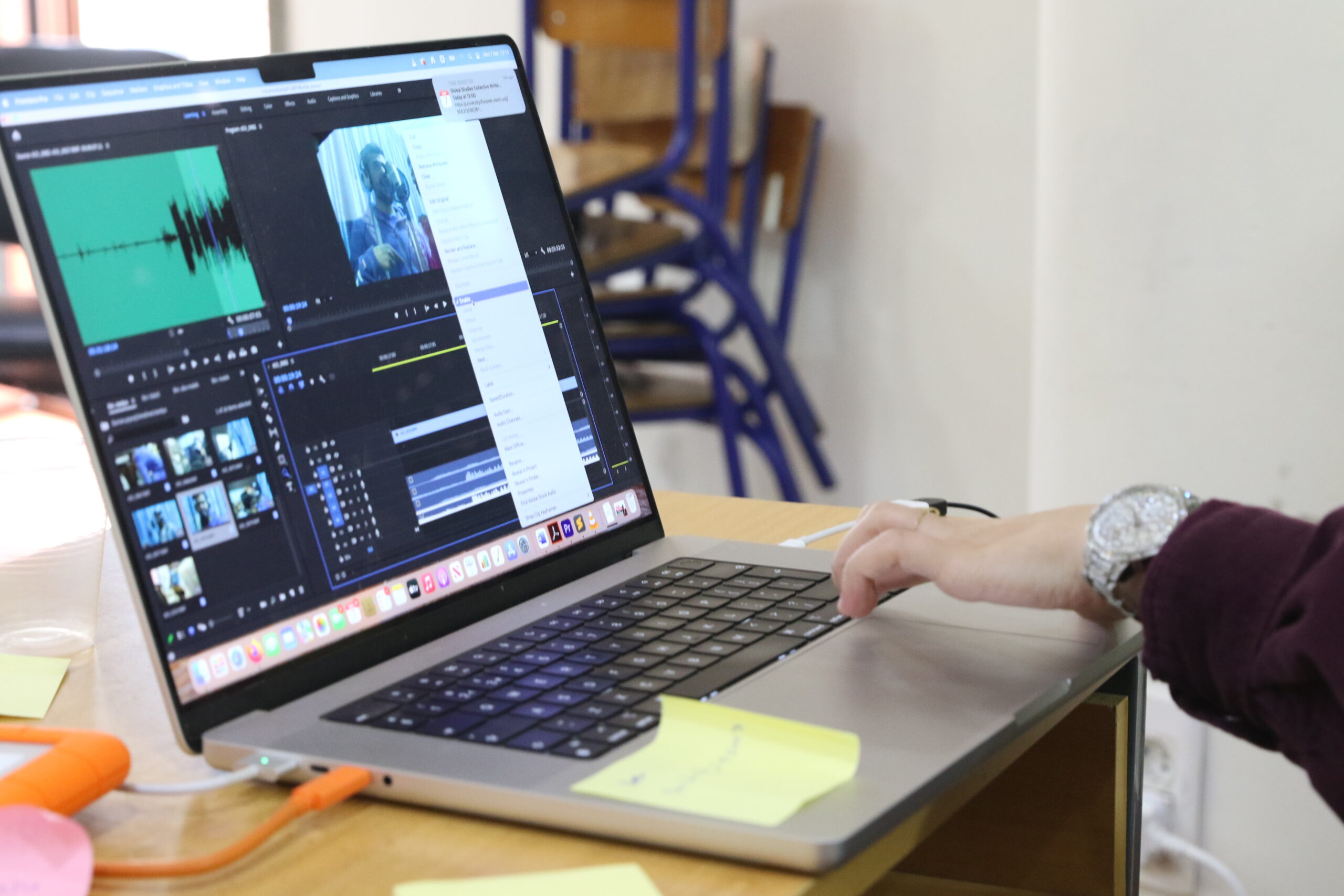

A blog post by Claude Samaha, Project Manager & Lead Researcher at Basmeh & Zeitooneh and a member of the …[more »]
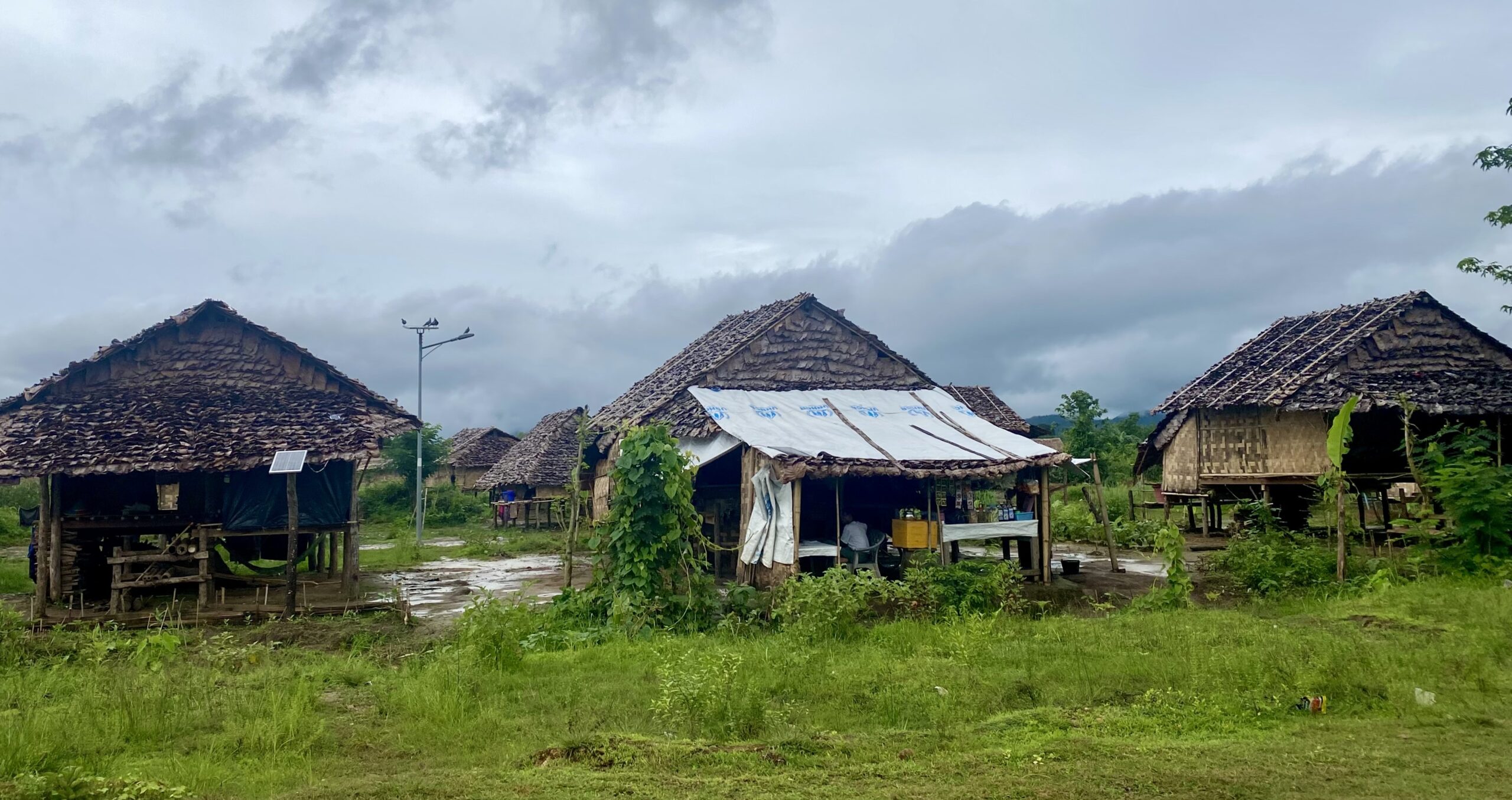
A blog post by Sunit Bagree, Communications Manager for the Protracted Displacement Economies project, that draws on the voices of people …[more »]
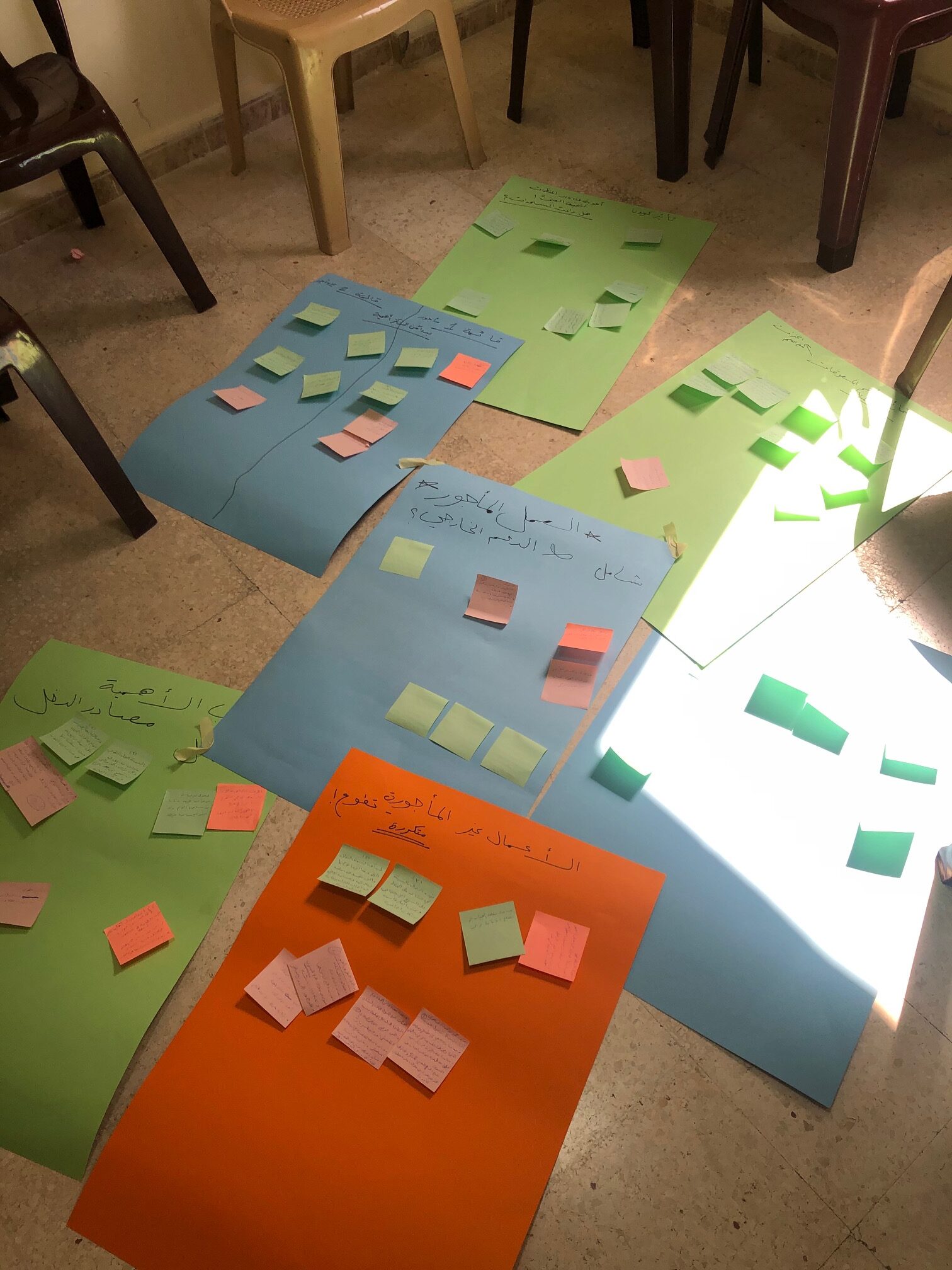
Forced displacement often leads to disruption in social networks and support systems. It creates additional challenges for women in particular, …[more »]
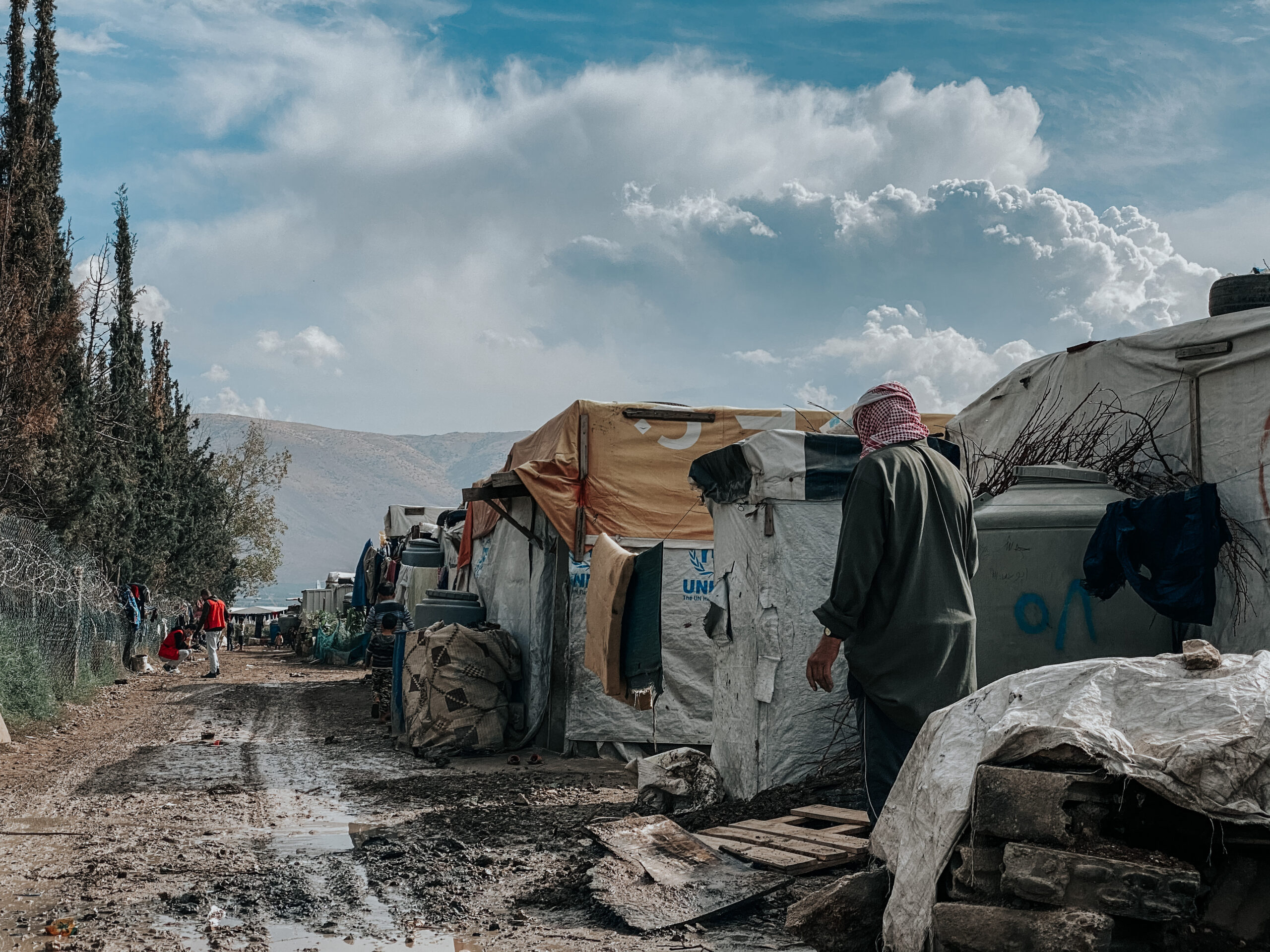
A blog post by Mike Collyer, Professor at the University of Sussex and a member of the Protracted Displacement Economies …[more »]
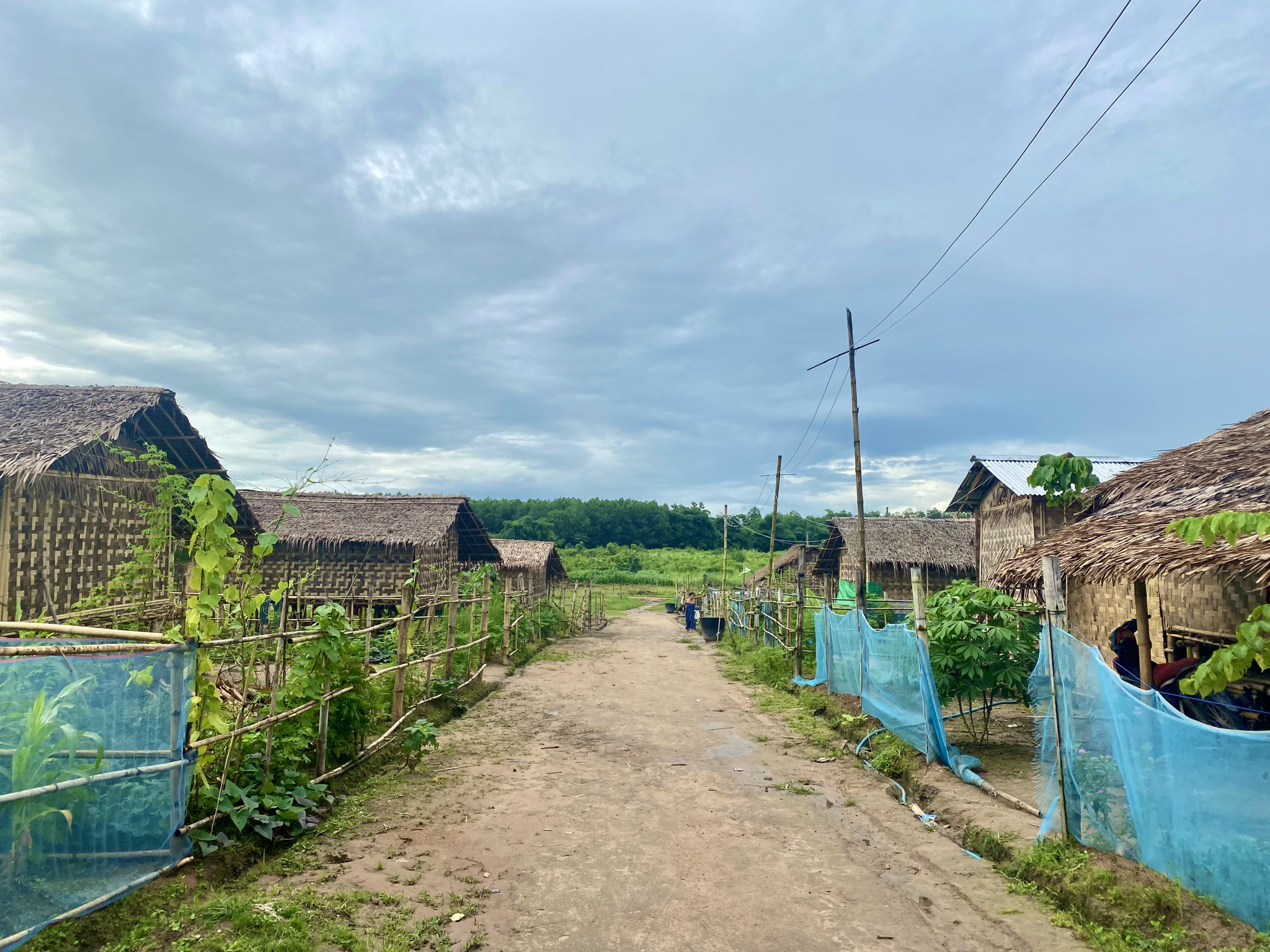
Daw Chan (all names in this article have been changed), a 27-year-old ethnic Chin woman, is no stranger to moving …[more »]
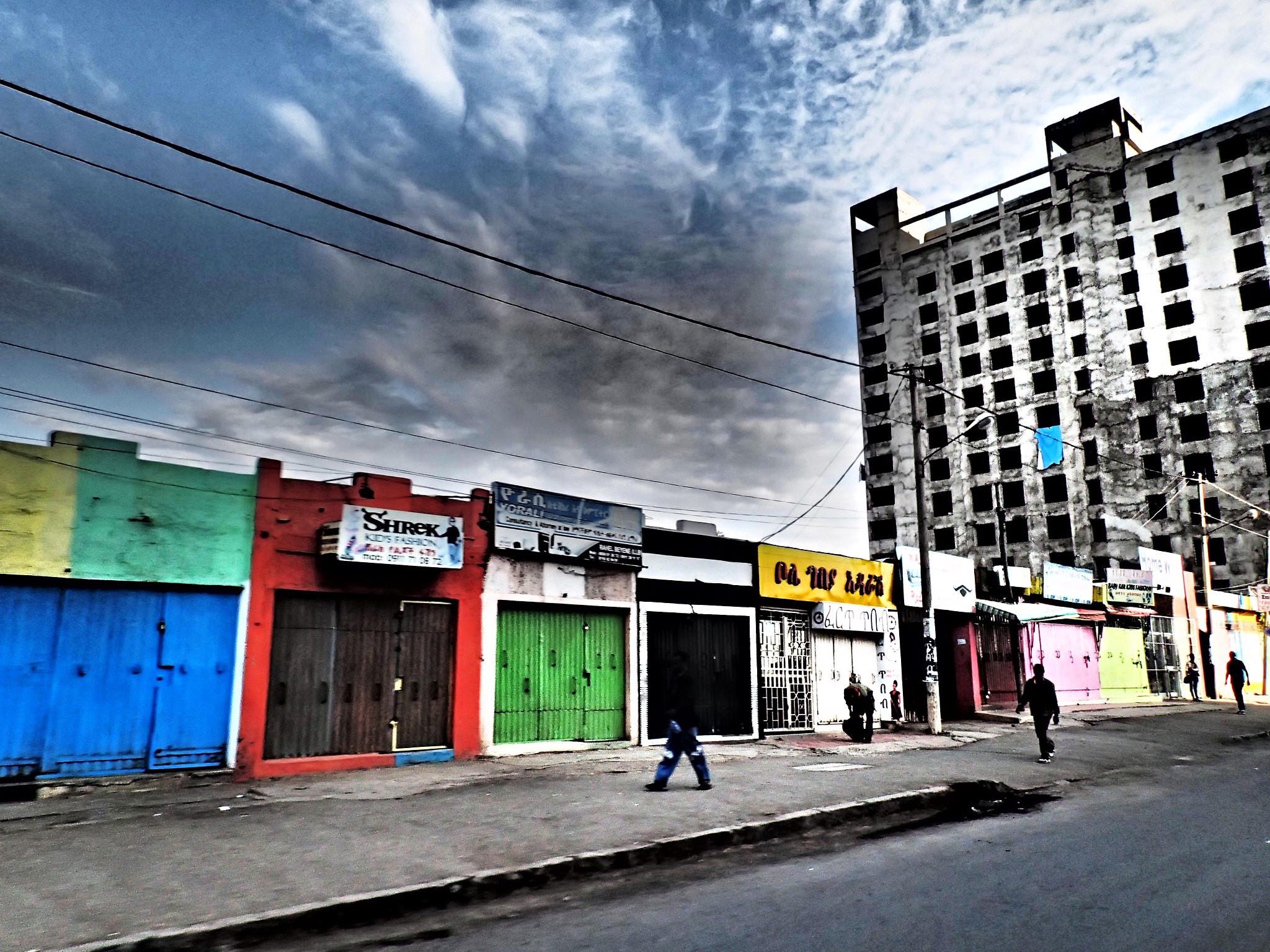
The number of Somali refugees in Ethiopia is 250,719, which represents 28.6% of all registered refugees in the country. There …[more »]
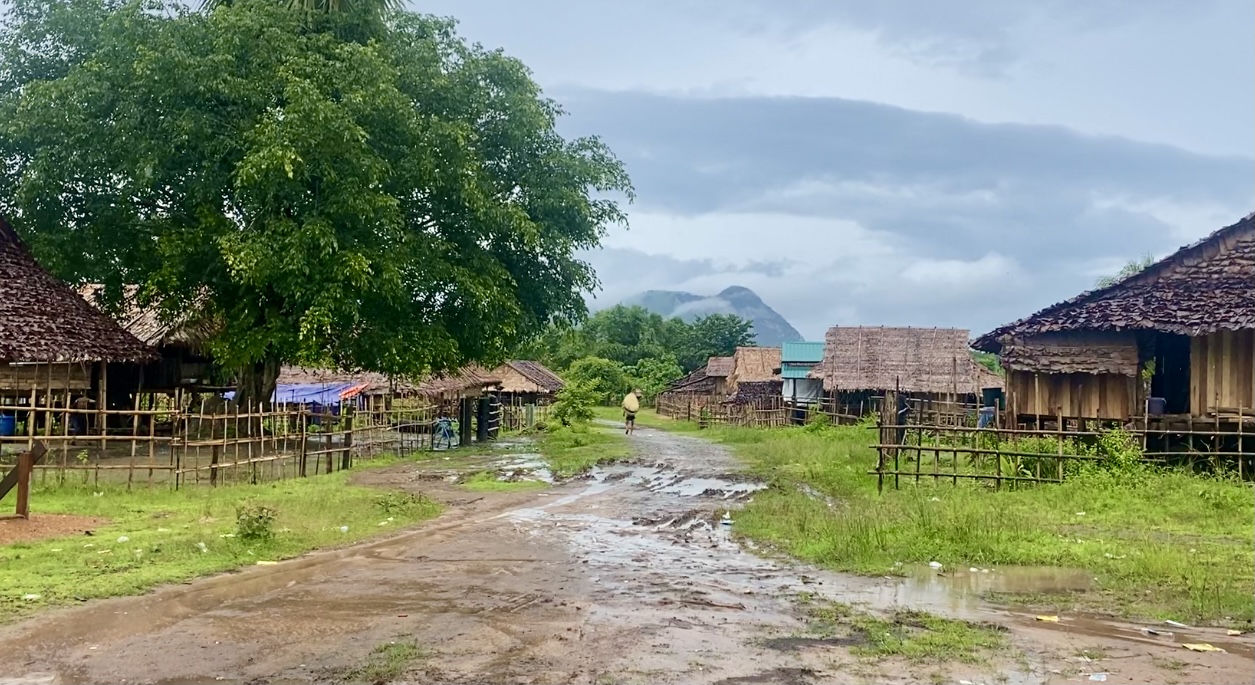
Members of the Protracted Displacement Economies team from the Covenant Institute (Myanmar) and University of Sussex have authored an article …[more »]
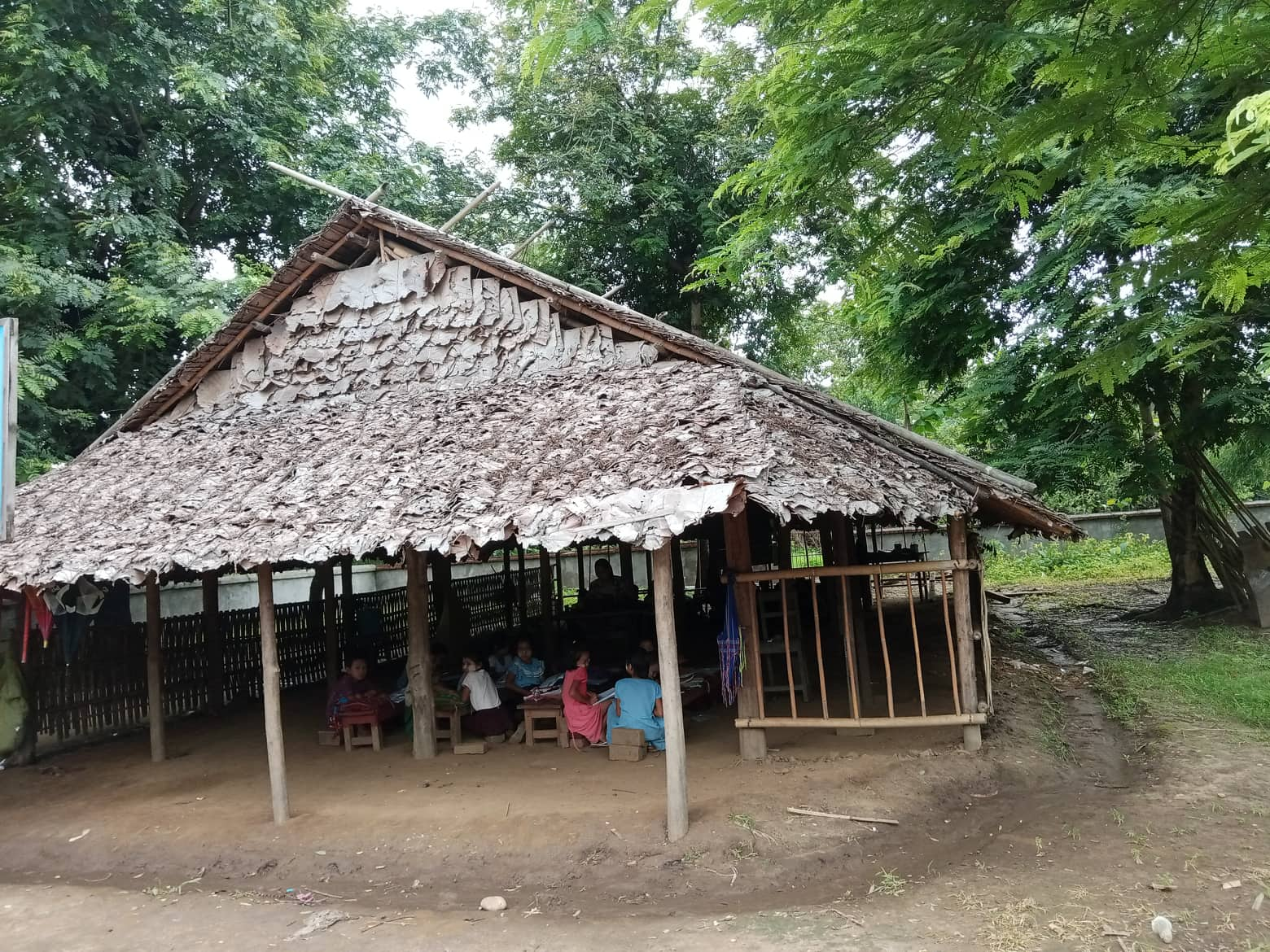
Like other internally displaced persons (IDPs) in Myanmar, those in northern Karen State have experienced violence and abuse for many …[more »]
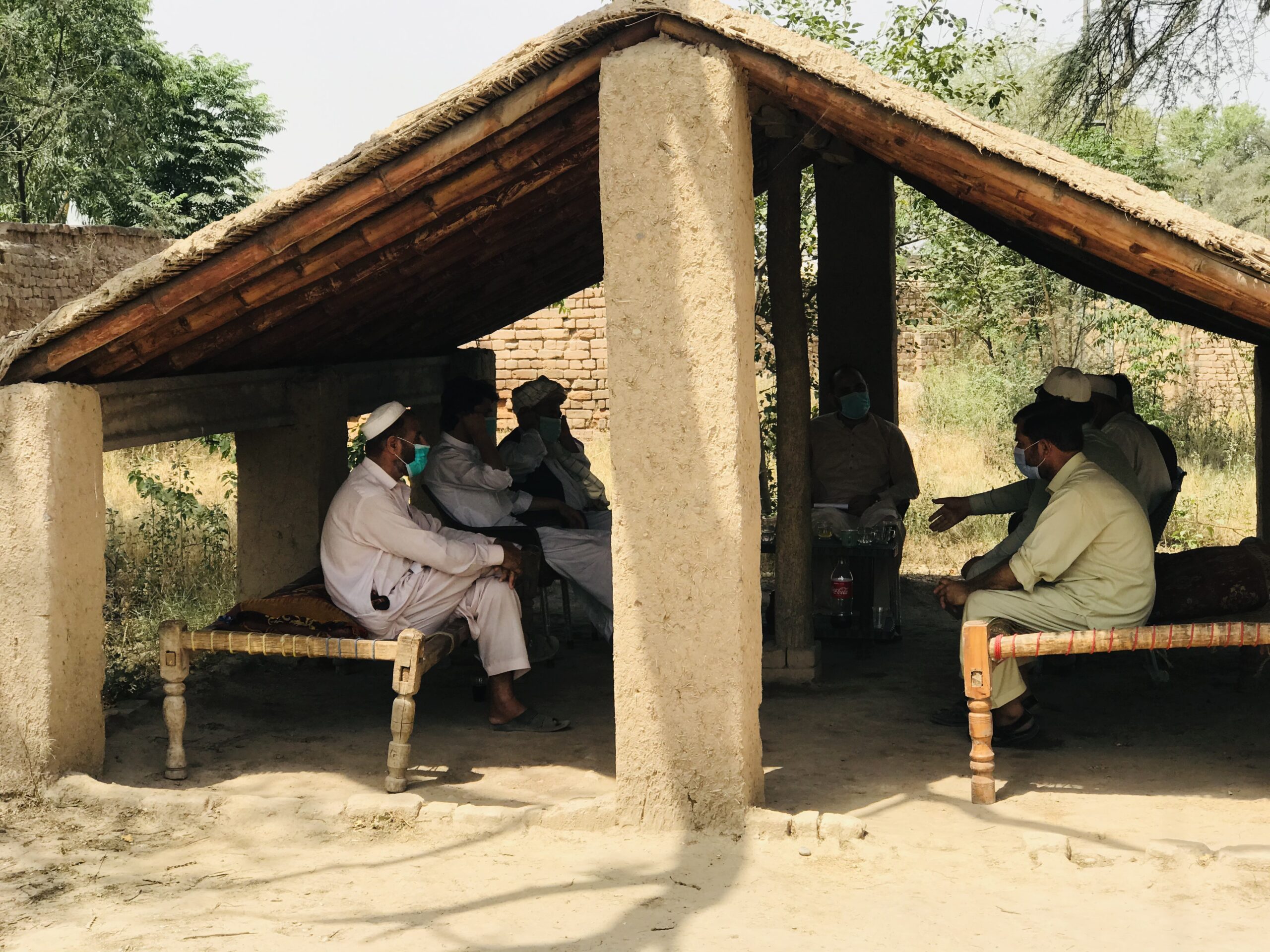
Referring to small boats crossing the Channel, the UK Home Secretary, Suella Braverman, has claimed that she is intent on …[more »]
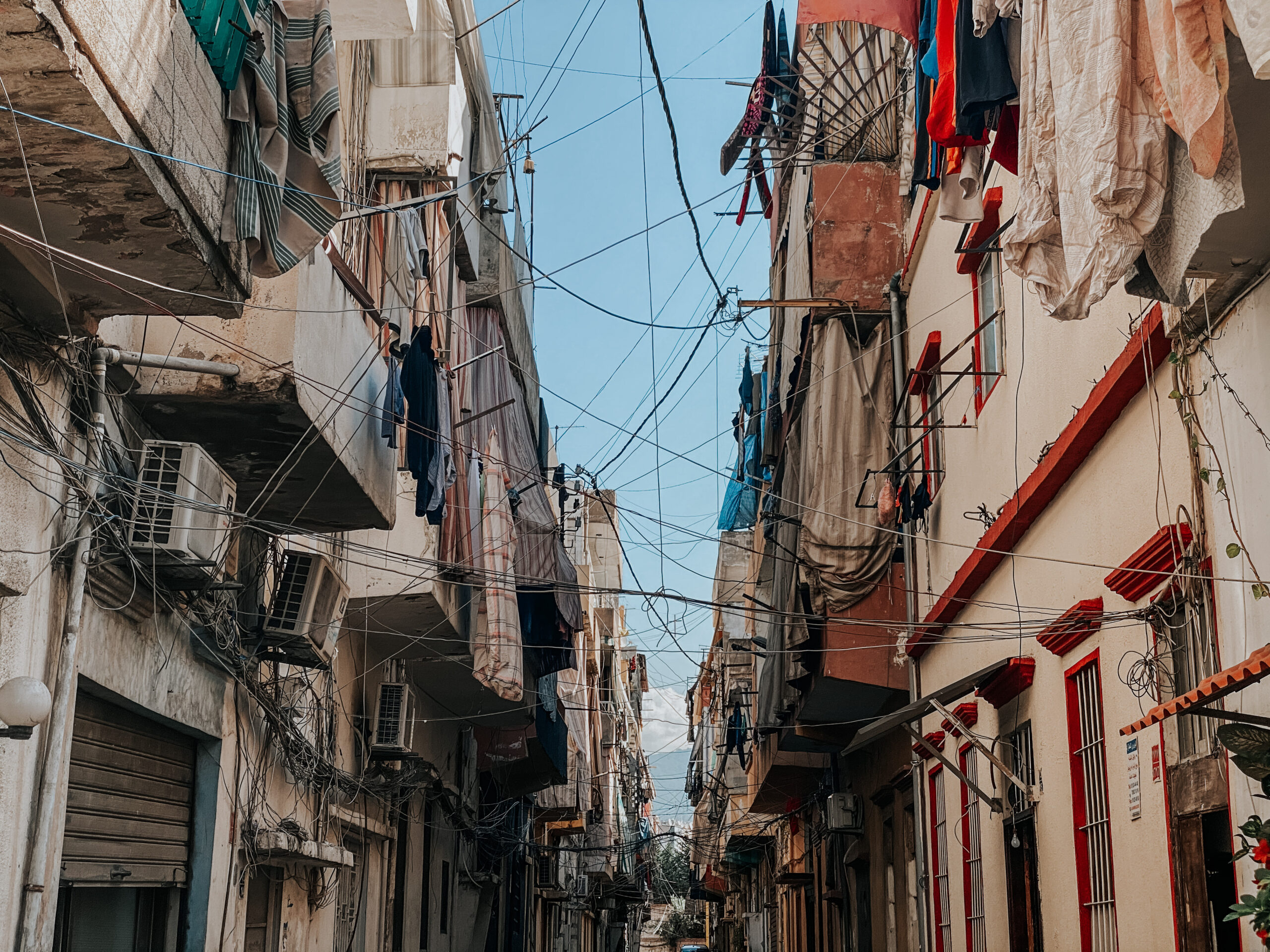
Policymakers in Lebanon argue that displaced people, particularly Syrian refugees, are one of the causes of the country’s failing economy. …[more »]